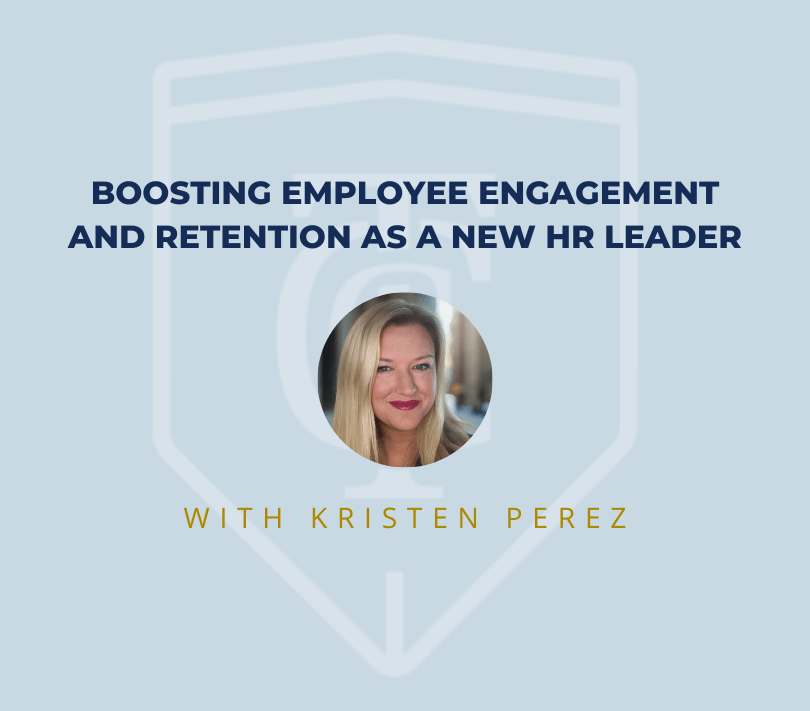
Transitioning into a new HR leadership role is a pivotal opportunity to significantly influence an organization’s culture and performance. By focusing on employee engagement and retention, a new HR leader can quickly establish credibility and drive positive change.
Rapid Assessment and Prioritization The initial weeks are crucial for understanding the organization’s HR landscape. A comprehensive assessment should include:
- Employee Surveys: Gather insights into employee satisfaction, engagement, and challenges.
- Exit Interview Analysis: Identify trends and reasons for turnover.
- Performance Metrics: Evaluate key performance indicators (KPIs) to measure HR effectiveness.c
- Stakeholder Interviews: Gain perspectives from leaders, managers, and employees to uncover hidden issues.
Based on these findings, prioritize areas for immediate improvement. Quick wins, such as addressing outdated policies or streamlining onboarding processes, can generate early momentum and build credibility.
Cultivating a Strong Foundation Building strong relationships is essential for successful HR leadership. Connect with key stakeholders, including senior executives, department heads, and employees at all levels. Foster open communication, actively listen to concerns, and demonstrate genuine interest in their perspectives.
Empowering the HR team is equally important. Create a culture of collaboration, innovation, and accountability. Delegate tasks, provide necessary resources, and recognize team members’ contributions. By investing in the HR team’s development, you’ll build a strong foundation for future success.
Prioritizing Employee Experience A positive employee experience is fundamental to engagement and retention. Focus on:
- Onboarding Excellence: Create a structured onboarding process that welcomes new hires, provides necessary training, and fosters a sense of belonging.
- Recognition and Rewards: Implement a comprehensive recognition program that celebrates achievements and reinforces desired behaviors.
- Work-Life Balance: Promote a healthy work-life balance through flexible work arrangements, wellness programs, and supportive policies.
- Employee Development: Invest in employee development through training, mentorship, and career pathing opportunities.
Effective Communication and Measurement Open and transparent communication is essential for building trust and engagement. Utilize various channels, such as town halls, newsletters, and intranet communications, to share company updates, celebrate successes, and address employee concerns.
Regularly measure employee satisfaction and engagement through surveys and pulse checks. Use data to identify trends, measure progress, and make data-driven decisions.
Beyond Placement: The Power of Executive Coaching
The Christopher Group offers executive coaching as a complementary service to ensure the success of our placed HR leaders. Our coaching programs are tailored to address specific challenges, accelerate performance, and foster long-term success. By combining expert executive placement with personalized coaching, we provide a comprehensive solution to help organizations achieve their strategic goals.
By following these strategies and leveraging the support of executive coaching, new HR leaders can make a significant impact on employee engagement and retention, ultimately driving organizational success.
About Kristen Perez, Recruiting Director

Kristen brings over 18 years of executive recruiting experience, having worked in Human Resources roles focusing on Talent Acquisition and Organizational Development. She joined The Christopher Group as a Recruiting Manager in 2021 and was promoted to Recruiting Director in 2022. Kristen specializes in filling Human Resources executive roles nationwide and has a robust background in the Manufacturing, Logistics, Oil & Gas, Aviation, Consulting, Private Equity, and Healthcare industries. Within the firm, she unofficially serves as the organization and technology guru. To learn more about Kristen, visit her bio page.

